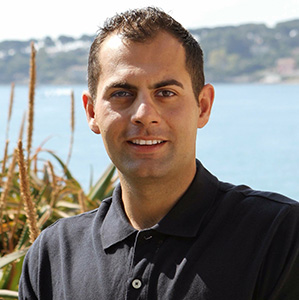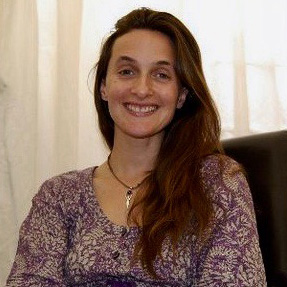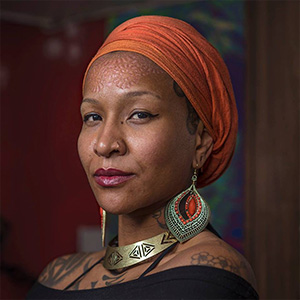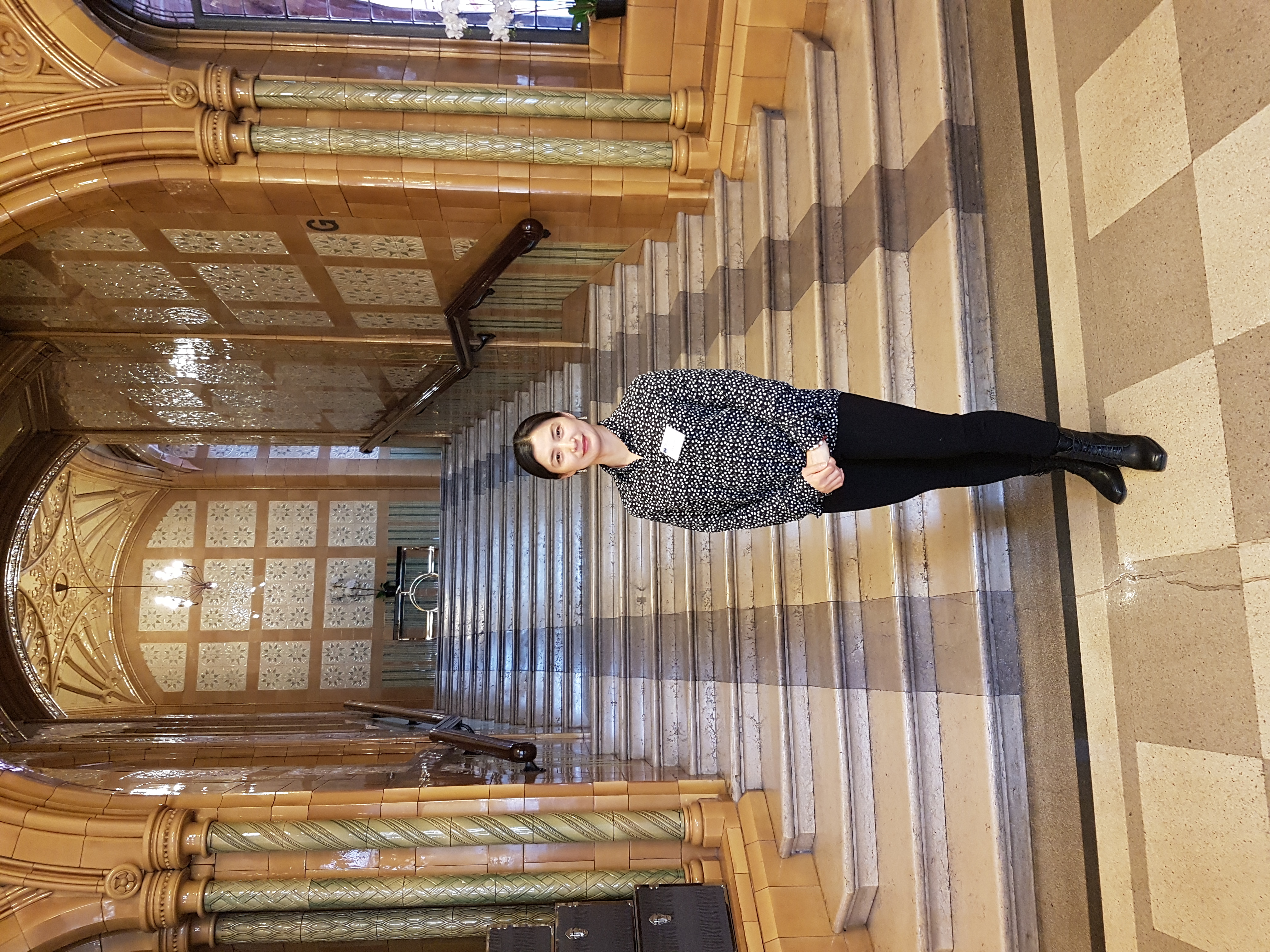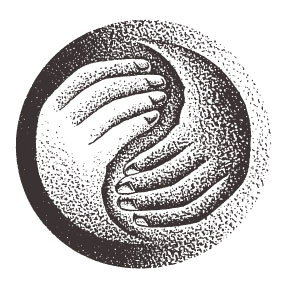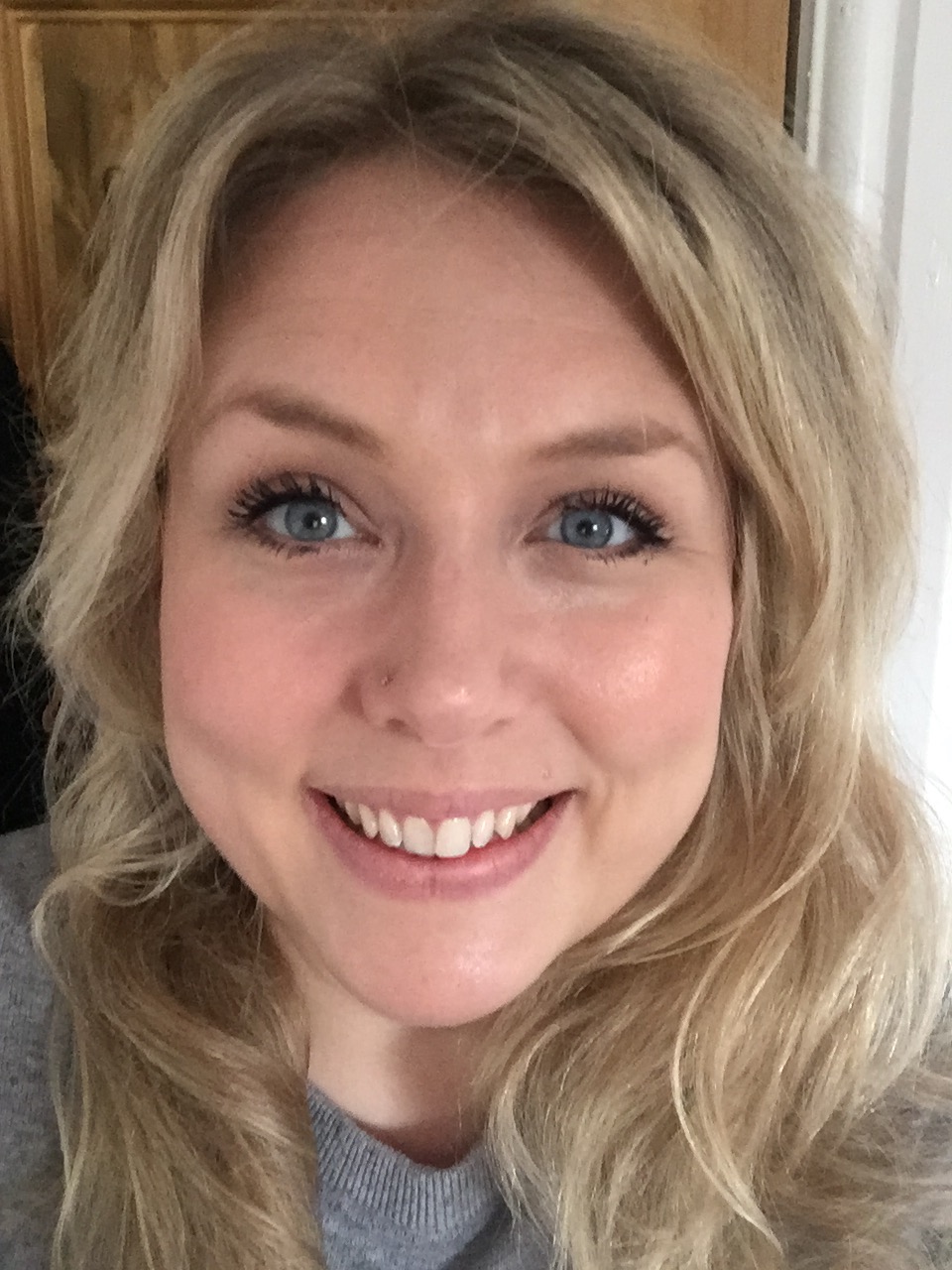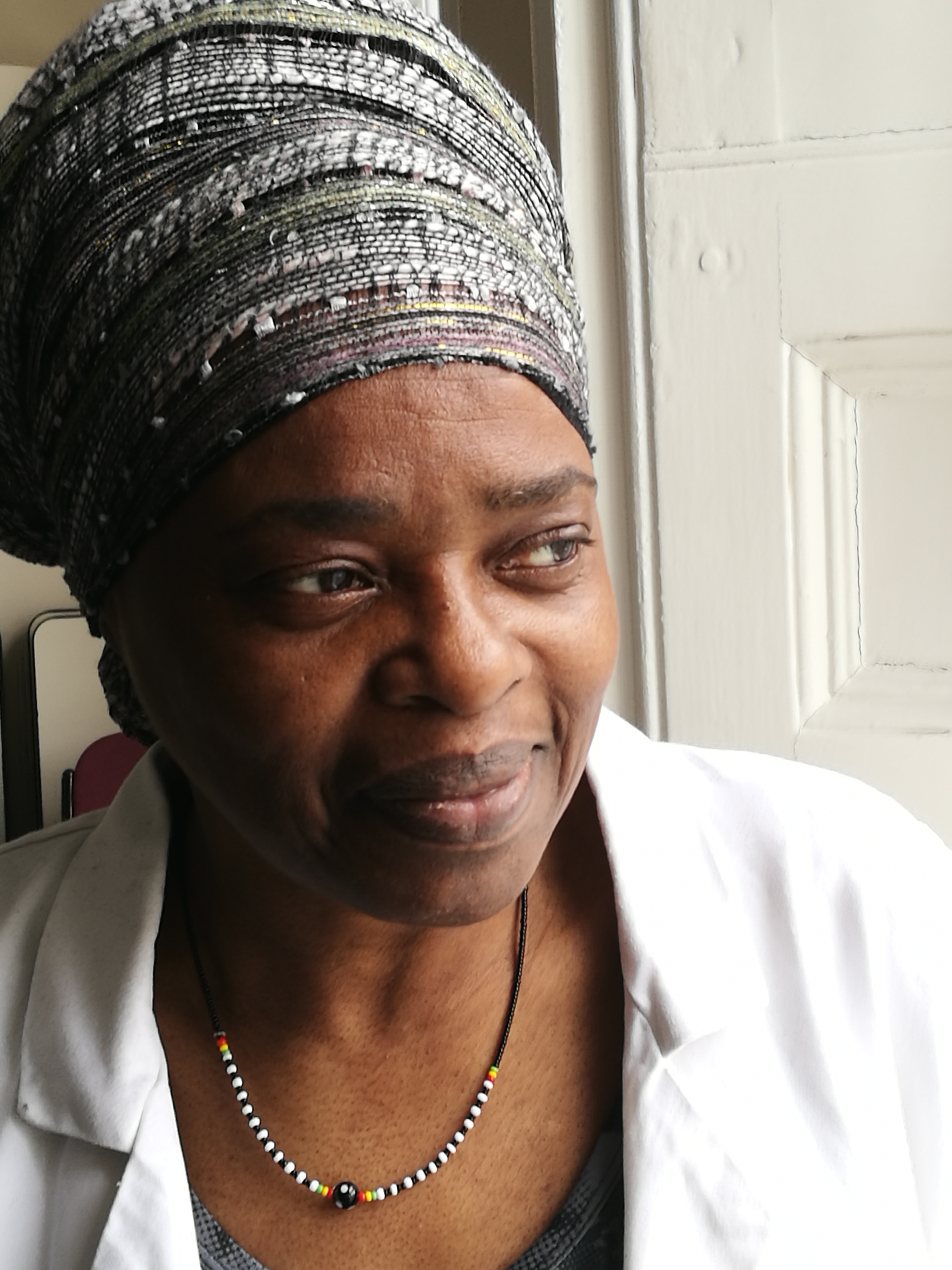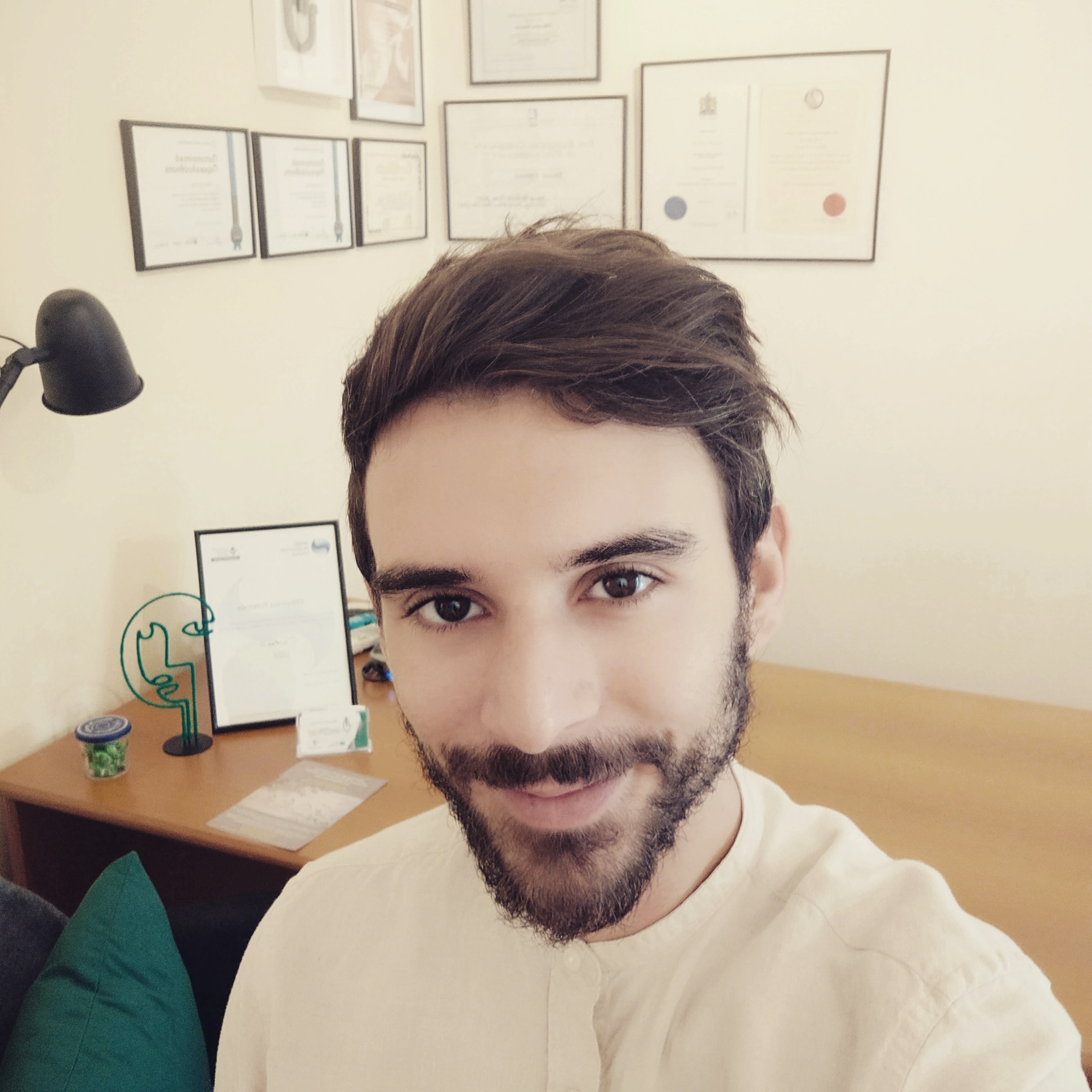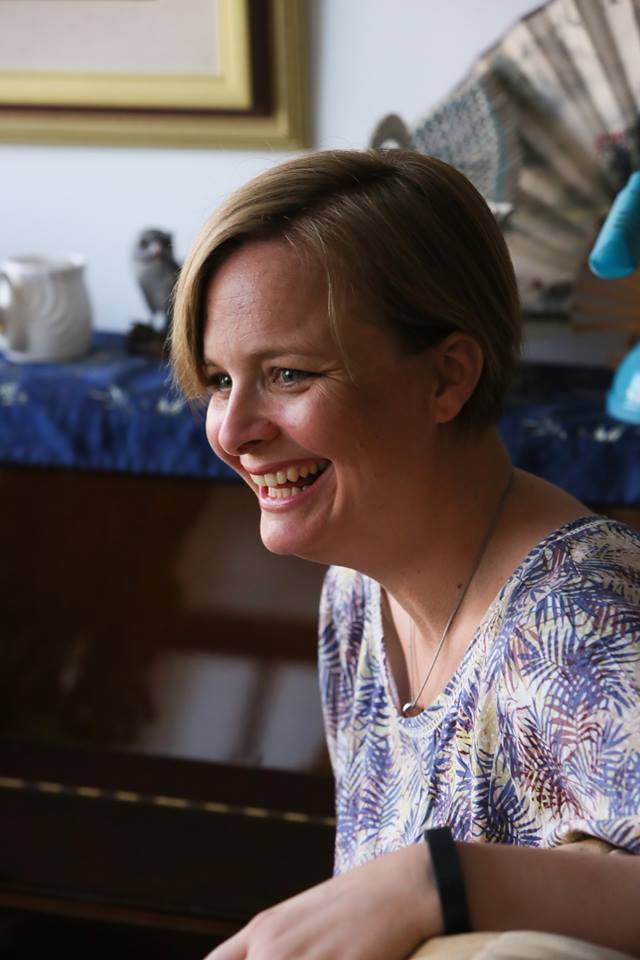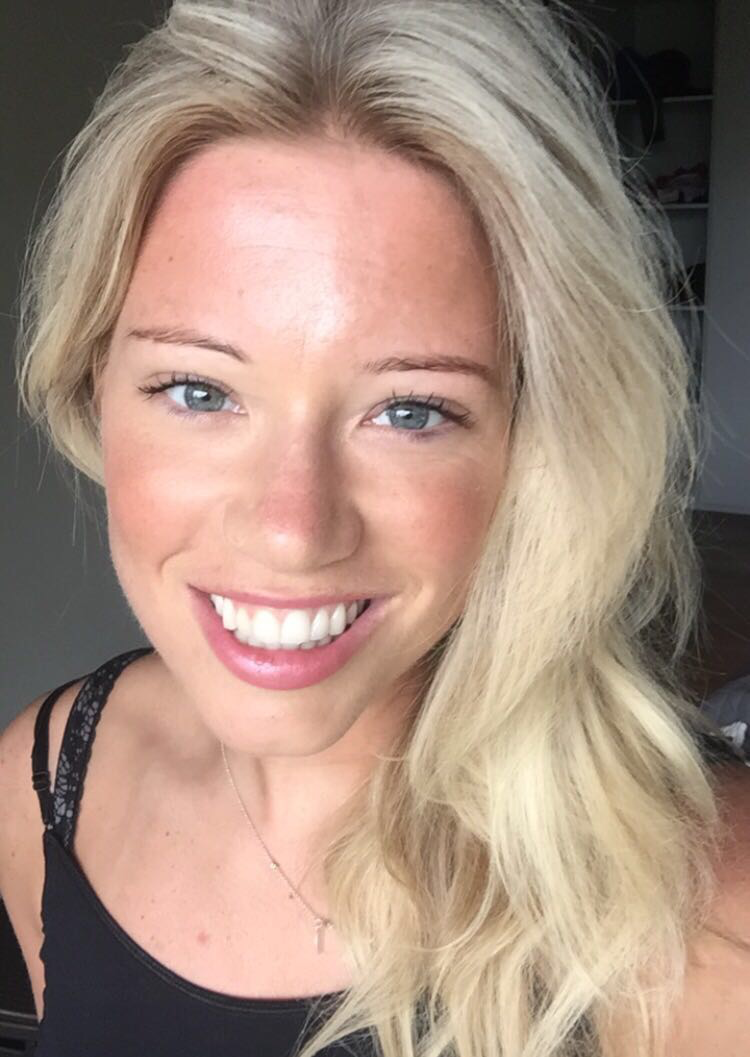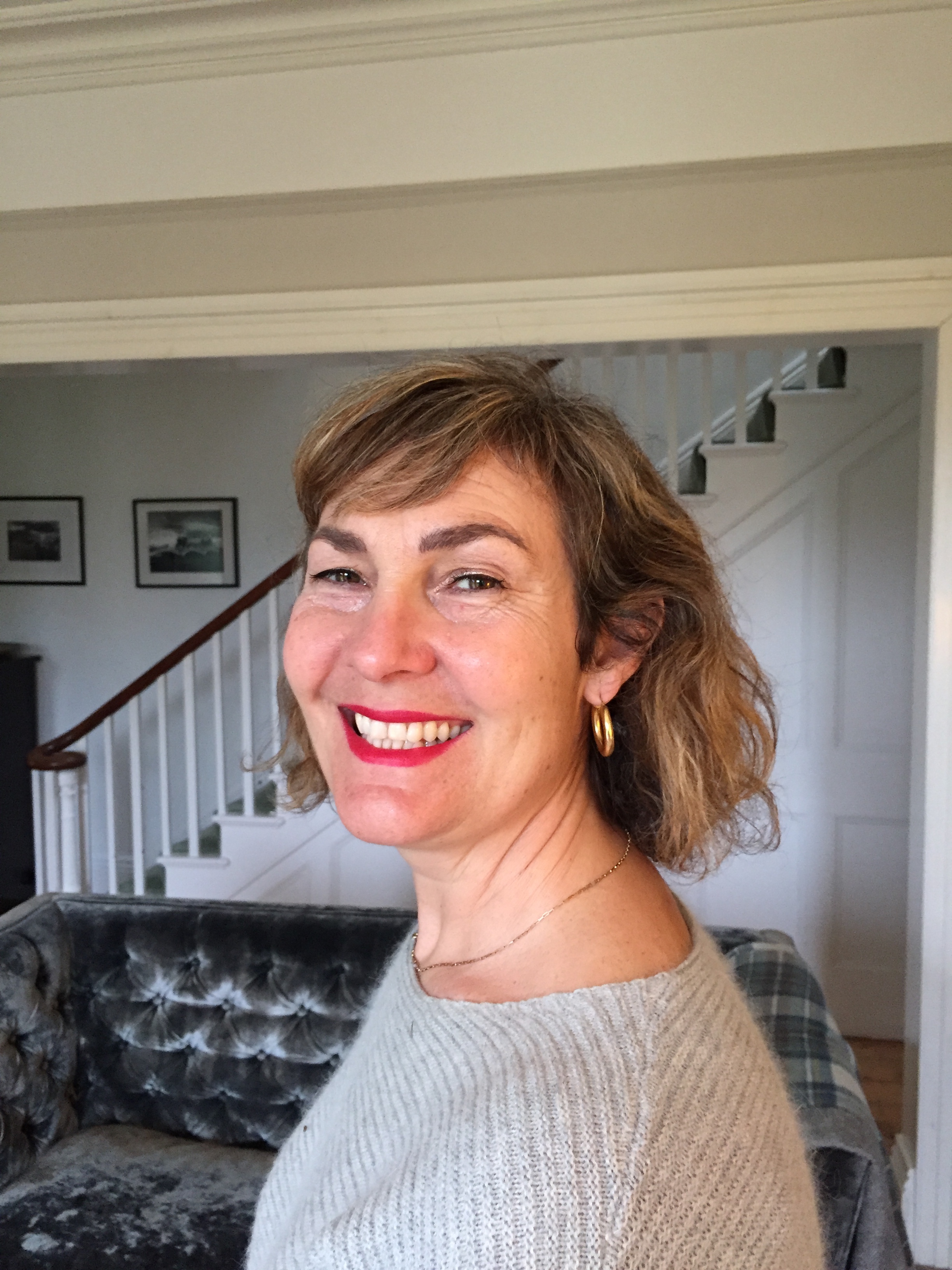FAQs
About half an hour. We need to assess your suitability for the course and ensure that you are keen to help people using acupuncture and have thought through the practical issues of finding enough time to study, financing the course, etc.
Classes are kept small, unlike many universities, where lectures can be attended by very large numbers of students.The college is accredited for 38 students in a class and most classes start with between 25-35 students. During the clinical programme the class is usually split in half to allow a smaller seminar and workshop based approach.
There is no difference in the curriculum for these two courses. For both of these courses students are eligible for student loans, maintenance grants, council tax exemption, etc.Both formats are popular with students who require student loans and parents who want to leave the school holidays relatively free.
The weekday course classes are held on Mondays and Tuesdays and point location classes can also be attended on Friday afternoons. This format is popular with people who would rather study during the week than at weekends. The weekend course is popular with people who work during the week, find childcare or travelling long distances easier at weekends and it also has a Friday session that can be attended.
The weekday course classes are held on Mondays and Tuesdays and point location classes can also be attended on Friday afternoons. This format is popular with people who would rather study during the week than at weekends. The weekend course is popular with people who work during the week, find childcare or travelling long distances easier at weekends and it also has a Friday session that can be attended.
Some areas of the UK have a lot of practitioners whilst others have fewer. It will obviously take longer to establish a busy practice in an area with more practitioners. The number of patients seeking acupuncture treatment continues to grow, as it has done over the last 45 years, and we believe that the introduction of chartered status and forthcoming changes in the NHS will only accelerate this process. Graduates who are determined to put their skills to good use, who market themselves effectively and set up practice in appropriate locations generally build successful practices and help large numbers of patients.
John Hicks, Angie Hicks and Peter Mole are some of the most experienced teachers of five element constitiutional acupuncture in the UK. The textbook they wrote on the subject is regarded as the definitive work on the subject. Many of the teachers at the college have been practising the five element style for over 25 years.
The TCM aspect of the course is extremely thorough and we believe that is at least the equal of any TCM course in the UK. The two styles are taught alongside each other and the college’s clinical students and graduates practise them together in a way that gives a breadth and depth of approach that is not possible if only one style is learnt.
It is important to remember that although these are distinct styles of treatment there are many aspects of acupuncture that overlap and do not have to be learned twice. For example, point location, pulse diagnosis, needle technique, conventional medical sciences etc.
The TCM aspect of the course is extremely thorough and we believe that is at least the equal of any TCM course in the UK. The two styles are taught alongside each other and the college’s clinical students and graduates practise them together in a way that gives a breadth and depth of approach that is not possible if only one style is learnt.
It is important to remember that although these are distinct styles of treatment there are many aspects of acupuncture that overlap and do not have to be learned twice. For example, point location, pulse diagnosis, needle technique, conventional medical sciences etc.
The college is accredited for student visas.
We mainly recruit mature students and understand that some do not have these qualifications so each student is assessed individually. In some instances we ask the applicant to give us evidence of academic ability and we may take into account training and work experience that the applicant has undertaken. If in doubt, please contact the Registrar.
Each student is allocated a personal tutor. They can be contacted if the student has any queries or difficulties. Three meetings are scheduled with your personal tutor in the first year, two in the second and third year and three in the clinical year. You can request additional meetings with your tutor according to your needs. The regional support groups in local areas are also a source of support for students.
If you have not studied for a long time or feel that you would like help with developing appropriate study skills for higher education, we strongly recommend the website learn higher http://www.learnhigher.ac.uk/. It offers advice on issues such as academic writing, time management, taking notes, etc.
If you do not already have a degree then you will be eligible for a student loan if you are a UK resident.
There are many different skills that need to be acquired in order to become an acupuncture practitioner so assessments are given in the form of coursework, practical assessments and exams. Different methods are used to assess the students’ progress for each programme and at different stages of the course. Assessments are in line with those required for an honours degree course.
Different people study at very different speeds. We recommend 15-20 hours a week.
The college does all it can to make any deferral as easy as possible.
No. Both the weekday and the weekend course are to a degree standard and we think that anything less is inadequate.
The average age of our students is 36. We have had students graduating in their 20s and in their 60s going on to build busy practices.
50% of the course is devoted to practical and 50% to theory.
Almost every day is a mixture of theory and practical sessions. In each two day block there are five teaching sessions. Usually one is point location, one or two are on Chinese medicine and the others might be on conventional medical sciences, qigong, needling, ethics, examining the body or a wide range of other topics.

